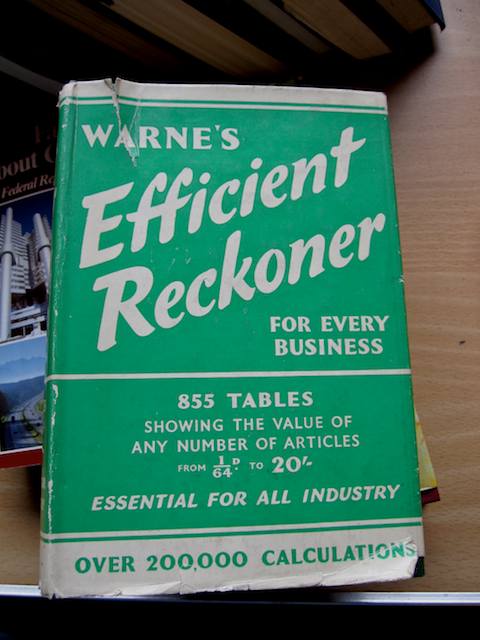The death of, and tributes to, Ted Kennedy raise an interesting question about the relationship between individual moral worth and public service. By all accounts, the youngest Kennedy boy, like his older brothers, inherited many of the personality defects of his obnoxious father — particularly the predatory attitude towards women. In Chappaquiddick, Teddy displayed another kind of moral flaw, by not trying to rescue Mary Jo Kopechne, by fleeing the scene without reporting the accident and (almost certainly) by using family money to buy the silence of the girl’s family. (Echoes here of how wealth had also bought absolution from the sin of cheating in a Harvard exam.)
On the other hand, it’s clear that Ted Kennedy was, as a legislator, often on the side of the angels. The Economist, not exactly a bleeding heart liberal journal, described him as “one hell of a Senator”, full of “passion and energy and a palpable desire to comfort the afflicted”. He agitated for civil rights for blacks and was largely responsible for the Voting Rights Act, the Age Discrimination Act and the Freedom of Information Act. He campaigned for an end to the war in Vietnam, for stricter safety rules at work and for sanctions against apartheid. Almost alone among Senators, he opposed the Iraq war from the start and was a lifelong campaigner for universal health care.
This is a great record. And yet it is the record of a morally flawed man. Compare it with the political legacy of, say, Tony Blair who — in his personal life at least — seems a model of moral rectitude. And yet he took the country to war on false pretences, quashed the Serious Fraud’s Office’s investigation into BAE Systems’s relations with prominent Saudi princes and passed the Regulation of Investigatory Powers Act — and a good deal of other illiberal and intrusive statutes.
It’s worth remembering this when the UK print media have one of their periodic feeding frenzies about the private lives of politicians. The fact that someone cheats on their spouse may well be distasteful, but does it really tell us anything about their suitability for public office? Ted Kennedy (or for that matter Jack or Bobby) wouldn’t have passed even a cursory test for moral probity. And yet they did a lot of good. In fact you could argue that, of all the Kennedy boys, Ted achieved the most and in that sense was the greatest of them.


